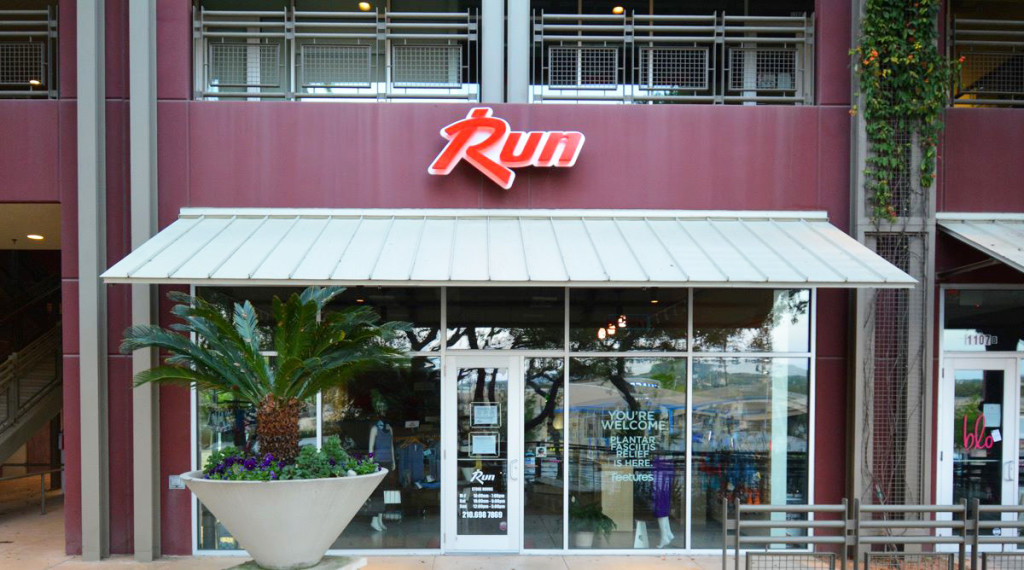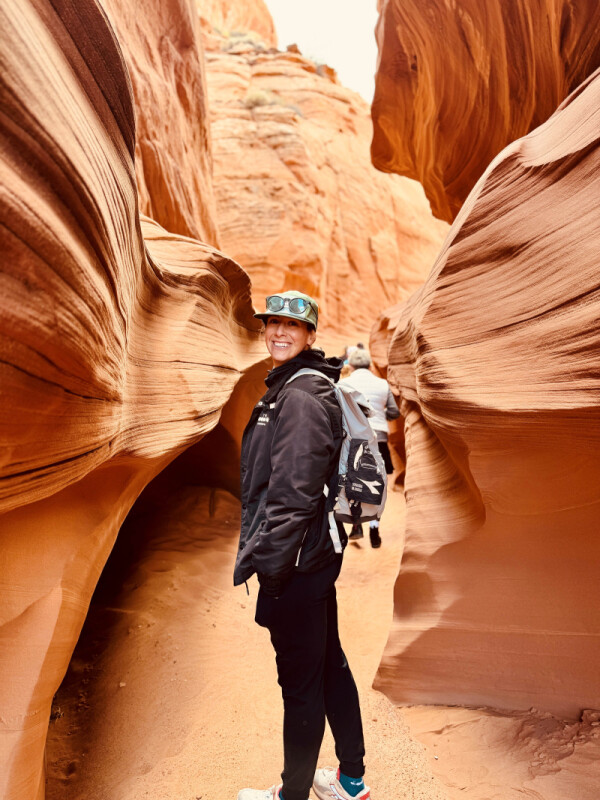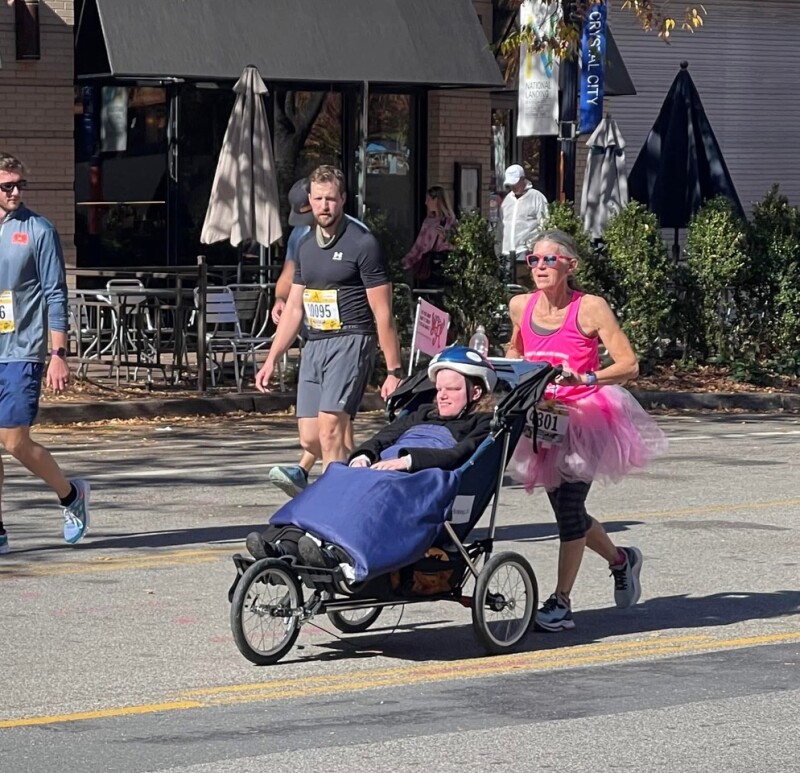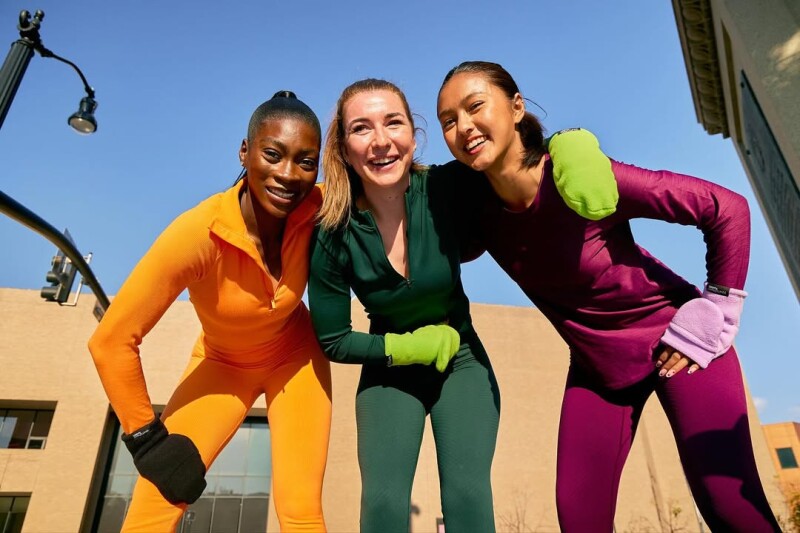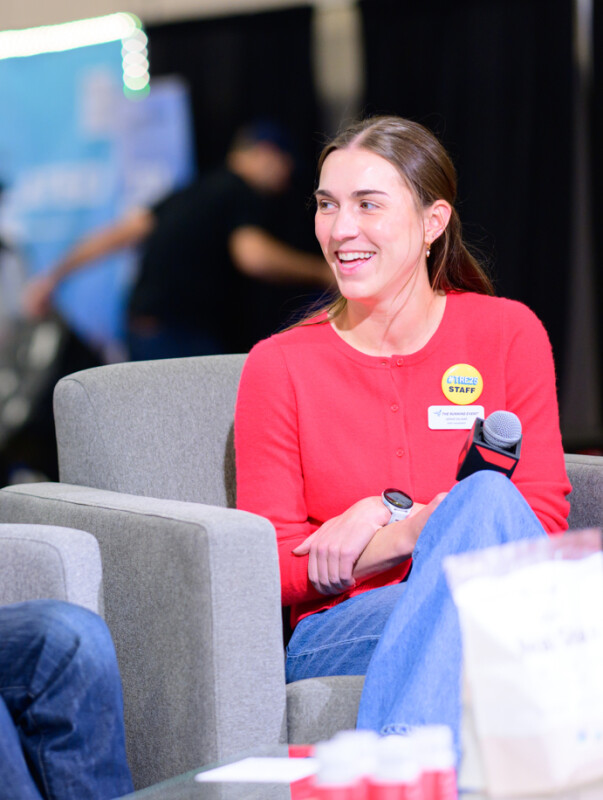COVID-19 just won’t quit.
Coronavirus cases have been accelerating in states across the country of late – rising more than 50 percent in nearly two dozen states over the last two weeks, according to data from Johns Hopkins University – and that’s spurred unease among run specialty retailers.
After hitting a then-high of 2504 cases on June 10, Texas saw a rather swift and steady uptick in positive COVID-19 cases throughout the remainder of June and into July, including numerous days of more than 8000 cases.
Mitch Allen, co-owner of San Antonio-based iRun Texas, is wary of what lies ahead. Already, the company’s events arm, Split Second Productions, was forced to cancel three of its own races, while it also lost about 30 timing gigs.
After a sluggish April on the three-store retail side, meanwhile, sales jumped to healthy levels in May and June. As coronavirus numbers escalate in Bexar County, iRun’s home and among Texas’ most glaring virus hot spots, however, Allen stands apprehensive about the future.
“It feels like one step forward and two steps back,” Allen says. “The fear here is that the governor does a rollback and closes doors again.”
Allen is also concerned about the health and availability of his staff. After three of his staff members were recently exposed to someone with a confirmed COVID case, each took a coronavirus test. Though all three employees tested negative for the virus, they still had to quarantine for 14 days.
“We need people in the store to keep operations going, so we’ve had to make scheduling adjustments,” Allen says.
The Florida Situation
When officials in Florida’s Miami-Dade County announced a shutdown of restaurants, gyms and other venues on June 6 to curb COVID-19’s rampant spread in South Florida, Runner’s Edge owner Tom Vladimir took note. Only one county on the state’s Atlantic coast – Broward – separates Palm Beach County, the home of Vladimir’s Boca Raton store, from Miami-Dade.
“That felt like a forewarning of things to come and I suspect we might go through a second shutdown,” Vladimir says, fearing that “it could get worse before it gets better” as Florida continues recording days of 9000-plus confirmed cases.
While Vladimir is not concerned that his 25-year-old store will go out of business, he acknowledges the pandemic’s looming challenges. COVID decimated his event management and T-shirt operations, forced the cancellation of the Runner’s Edge fall marathon training group and has pushed consumers to online shopping at record rates. Such pains compelled Vladimir to carefully analyze every business expense, from the water cooler to cable television, to ensure a sustainable operation, especially given the potential of a second shutdown.
“You’ve got to be pre-emptive, make changes and adapt to this environment,” he says.
Arizona Gets Hotter
From March through the end of May, Arizona did not see a single day of more than 1000 confirmed cases of COVID-19. In June, however, the state notched more than 25 such days, a trend that continued into July and approached nearly 5000 daily cases on July 1. As the numbers spiked, sales slowed at Tortoise & Hare Sports in the Glendale, AZ.
“That gave us some pause and sparked a fear that things might go back to the way they were in mid-March,” says Rebecca Hohenstein, who owns the shop with her husband, Nathan.
While Hohenstein does not think the governor will issue another shutdown, the sharp rise in positive cases ignites worry, especially as it relates to the well-being of customers and staff. Tortoise & Hare has been extra diligent about adhering to CDC guidelines – wearing masks, practicing social distancing and carefully executing sanitation practices among them – and supporting staff, including inviting a counselor to speak about anxiety and stress at a staff meeting.
“Ultimately, we can only control what we can control and we want to make sure our community and team stay as safe and healthy as possible,” Hohenstein says.
